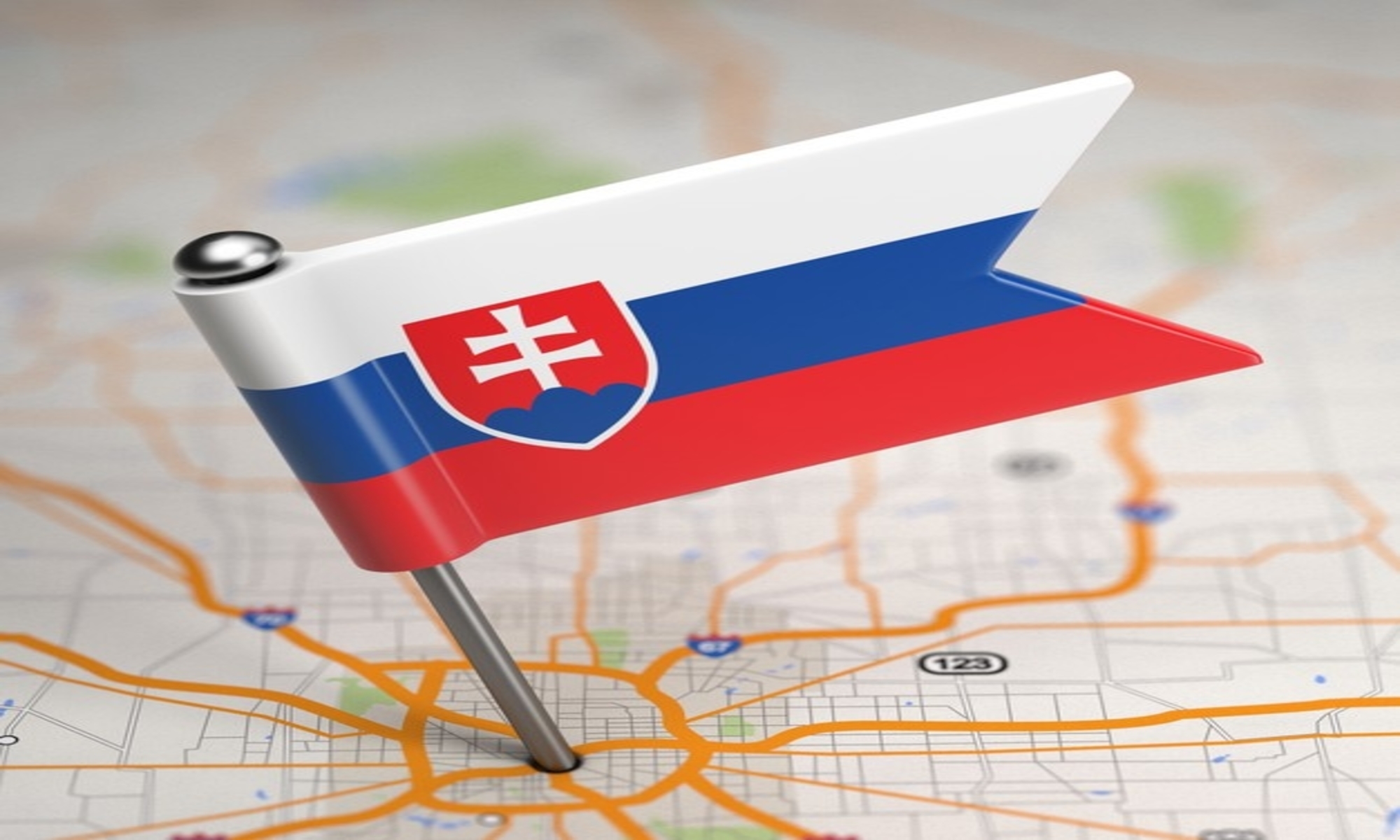
Besides, outdoor enthusiasts come back here, again and again, to get to know more about caves and beautiful forest areas, swim in hot springs, and walk through ancient cities and villages. Slovakia offers tourists a wide variety of types of recreation: educational excursions, children’s camps, health and medical tourism, outdoor activities in the mountains.
Travel tips – do’s and don’ts in Slovakia
- Tourists visiting churches in Slovakia should dress appropriately. This also applies to non-believers visiting churches as attractions. Respect for the faith of others generates reciprocal respect. People who are inappropriately dressed may be asked to leave the church. Behavior should also be within reason: talking loudly, making noise, taking photographs without permission, and using mobile phones are not accepted in churches.
- Before holidays such as Christmas, New Year’s, and Easter, you should stock up on food for at least a week, as on these holidays most of the shops are closed for a week. You should also remember that many shops in Slovakia do not work late, close early on Saturday and close on Sunday, so you should buy food and everything you need for the future.
- Slovaks do not like arrogance in people, as well as people who flaunt their achievements, knowledge, skills, expensive things. Slovaks themselves are usually modest, even if they have something to be proud of. Upstarts irritate them. Knowing this, tourists will be able to avoid sidelong glances and contempt. It is not worth bragging about a car, high salary, professionalism, talents, and other things, such things can only be mentioned in passing and tell in more detail if Slovak friends themselves start a conversation on this topic.
- When dining in restaurants and cafes, you should have a chance with you, because in many such establishments, toilets are paid for.
- It is customary to leave 10% of the order for tea, and it is better to immediately include interest in the amount, calling it to the waiter after he announces the cost of lunch.
- In no case should you confuse Slovakia with Slovenia or call the country Czechoslovakia. In the first case, this will be regarded as an unforgivable disrespect; in the second, the tourist will most likely simply be corrected. Slovaks have maintained good relations with Czechs, but consider themselves a separate people.
- Drinking with Slovaks, you need to remember that the first glass you need to clink glasses with all those present, saying “health” and looking everyone in the eye. Copyright www.orangesmile.com
- One should speak with Slovaks at arm’s length or a little closer. Personal space in Slovakia is considered important and people invading this space are considered ill-mannered and intrusive.
- Those invited to visit the Slovaks bring chocolate, a bottle of good wine, or a bouquet. There must be an odd number of flowers in a bouquet since bouquets with an even number of colors are placed on graves. The number 13, which is considered unlucky, should also be avoided.
- In homes, you should always remove your shoes. Most Slovaks keep spare slippers at home for guests.
- Slovaks can agree with the interlocutor out of politeness so as not to offend, even if they have the opposite opinion. This should always be borne in mind when communicating.
- Punctuality is valued in Slovakia. You can be late for an informal meeting by no more than 15 minutes. It is better to arrive at official events 5-10 minutes before the start.
- Slovaks, especially the older generation, have a tradition to refuse twice and agree to a third. Therefore, offering a Slovakian a treat, gift or help should not give up after the first refusal. If the Slovak refuses the third time, it means that he means it.
- When meeting new Slovak friends, do not hug them and express wild delight. Slovaks are quite closed, they need more time than most Europeans to open up to acquaintances, so you just need to wait for the first step on their part.
- Slovaks will be pleased to hear a few words in their native language from a tourist. Therefore, it is worth learning basic phrases and using them appropriately. This can help melt the seemingly impenetrable coldness of Slovaks.
